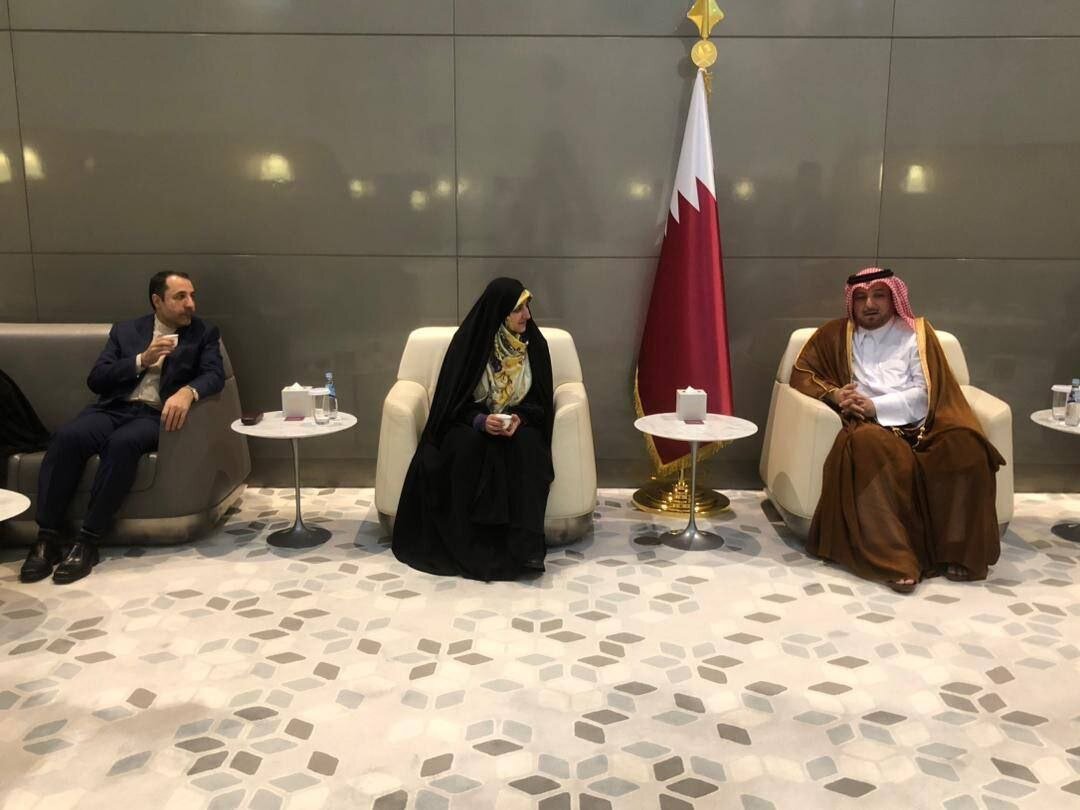VP attending Family, Contemporary Megatrends conference in Doha

TEHRAN –Zahra Behrouz-Azar, the Vice President for Women and Family Affairs, is participating in a global conference on ‘Family and Contemporary Megatrends’, commemorating the 30th Anniversary of the International Year of the Family (IYF).
Organized by Doha International Family Institute, the conference is being held on October 30-31 in Doha, Qatar, IRNA reported.
It has brought together many policymakers, experts, and thought leaders to explore megatrends including demographic Change, migration, urbanization, technological advancement, and climate change that are affecting the family.
The conference will also discuss family-friendly policies, best practices, and strategic partnerships to promote family welfare and social development.
One of the main objectives of the conference is to shape a future in which every family can flourish.
Demographic changes affecting family well-being
This year, the International Day of Family, celebrated annually on May 15, provided an opportunity to reflect on social, economic, and demographic changes that affect the structure and stability of families.
It aimed to raise awareness of how climate change impacts families and the role families can play in climate action.
Climate change negatively impacts the health and well-being of families through increased pollution, while extreme weather events exacerbated by climate change, such as hurricanes, droughts, and floods, often lead to forced displacement and loss of livelihoods for families and individuals.
Such events impact agricultural productivity and access to water, intensifying hunger and vulnerability.
They cause economic disruption in industries sensitive to climate impacts such as agriculture and fisheries.
Empowering families through education, changing consumption habits, and advocacy is critical for meaningful and effective climate action.
Through family and community initiatives, we can foster climate action with education, access to information, training, and community participation.
Families pass values across generations, so instilling sustainable habits and climate awareness in families from an early age is important.
Integrating circular economy principles into early childhood education can help build a sustainable economic model based on minimizing waste and regenerating natural resources. Families as consumers and advocates can drive the transition to a circular economy.
MT/MG
